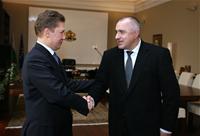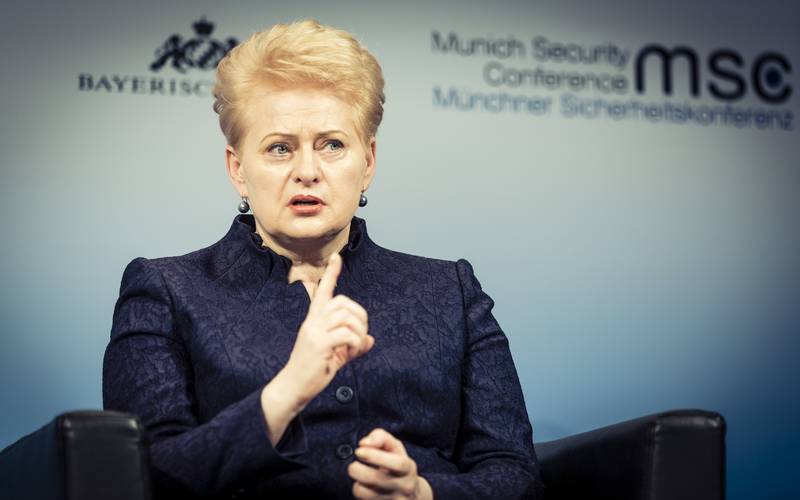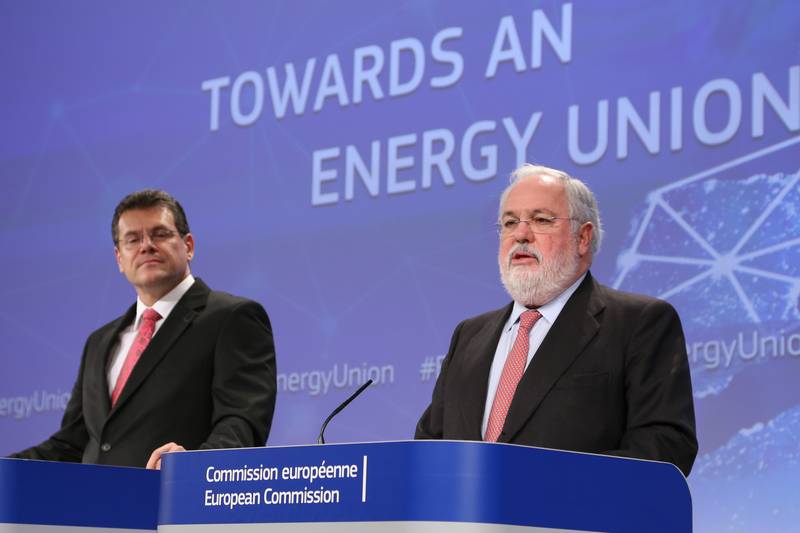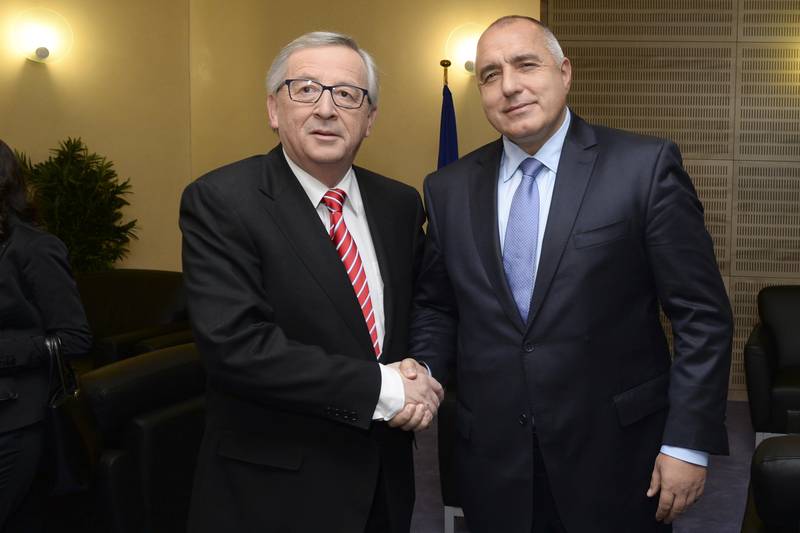A Russian loan for the nuclear power station Belene
Ralitsa Kovacheva, February 19, 2010
 The short and surprising visit of the chairman of the Managing board of Gazprom Aleksey Miller in Sofia produced interesting news. The feeling of haste came firstly from the lack of any information in advance about the meetings of Miller in Bulgaria. Later the details from the talks were scarce. Here is what the brief press release from the Government Information Service says:
The short and surprising visit of the chairman of the Managing board of Gazprom Aleksey Miller in Sofia produced interesting news. The feeling of haste came firstly from the lack of any information in advance about the meetings of Miller in Bulgaria. Later the details from the talks were scarce. Here is what the brief press release from the Government Information Service says:
"Prime Minister Boyko Borisov met with the Chairman of the Board of Gazprom Alexey Miller. They discussed the implementation of the South Stream project and new contracts natural gas deliveries. In the discussion took part the Minister of Economy, Energy and Tourism Traycho Traykov. The prime minister Boyko Borisov raised the issue the existing gas transit agreements to Bulgaria to be considered in the context of the South Stream project in a manner in which our country will not be adversely affected".
The words of Traycho Traykov make it clear that Bulgaria has requested higher transit fees for Russian gas. For its part, Russia bound the increase of transit fees for gas transfer to the participation of Bulgaria in the South Stream project. Thus, all mutual claims will be considered as a package in the light of further work on the project, which, in the words of the Energy Minister was "a bit expensive", but as it passes through the Black Sea it saves transit fees. According to Traykov South Stream is lucrative both for Bulgaria and Russia, although the interest of Bulgaria is still not precisely calculated.
And another interesting nuance: according to minister Traykov, at the meeting with Prime Minister Boyko Borisov the Bulgarian request the new contracts for gas supply to be signed without intermediaries was also discussed. This request was launched for the first time by President Gheorghi Parvanov during his visit to Moscow in February last year. The interesting thing is that, despite the sudden and brief visit, Miller was able to meet with the president:
"President Gheorghi Parvanov met with the Chairman of the Board of Gazprom, Aleksey Miller, at his request (at whose request? ). At the meeting were discussed issues related to the realization of the South Stream project and the upcoming work on the preparation of new contracts for gas supply to Bulgaria and as well as the transit of gas through the country because the current contracts are expiring. President Parvanov raised the issue of the practical implementation of the new political arrangement the contracts to be signed directly between the Bulgarian and Russian gas companies, without intermediaries. Alexey Miller has confirmed the agreement for direct contracts. And regarding Bulgaria's participation in the South Stream project a commitment was made when it was to be realised the Bulgarian interests to be protected".
From the analysis of this short and not very specific press releases two things become clear:
First, in terms of energy projects with Russia, definitely there is a rush. Second, although until recently Bulgaria has not expressed a clear position on the support and participation in the projects, it is evident that it not only withdrew but on the contrary. Moreover taking into account the second important news, reported by the Minister of Economy and Energy Traycho Traykov: the prospect of loan amounting to 2 billion euros from Russia for the construction of the second Bulgarian nuclear power station Belene is becoming more real. And on top of everything the Director General of the State Atomic Energy Corporation Rosatom Sergey Kirienko arrived in Sofia on Friday.
Meanwhile in Moscow the Russian Prime Minister Vladimir Putin discussed the common energy projects with Greece with his Greek counterpart George Papandreou. There will be no problem with the financing of South Stream, Putin assured. According to the shareholders, who are three major companies (Russia's Gazprom, Italy's ENI and France's EdF) credit for the project can easily be ensured and the money for such projects are sufficient. At least 10 European countries were interested in the project, Putin underlined.
 Dalia Grybauskaite | © MSC/Koerner
Dalia Grybauskaite | © MSC/Koerner Maros Sefcovic, Miguel Arias Canete | © European Commission
Maros Sefcovic, Miguel Arias Canete | © European Commission Jean-Claude Juncker, Boyko Borissov | © European Commission
Jean-Claude Juncker, Boyko Borissov | © European Commission